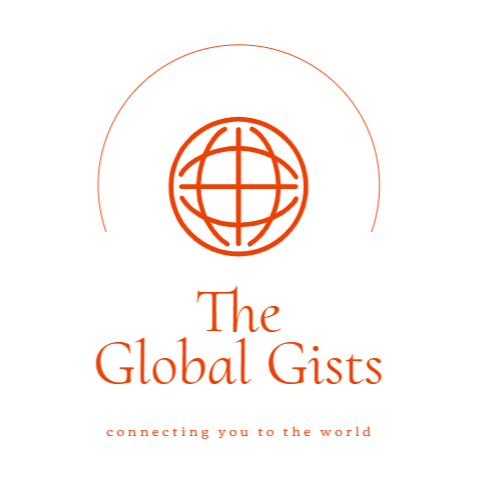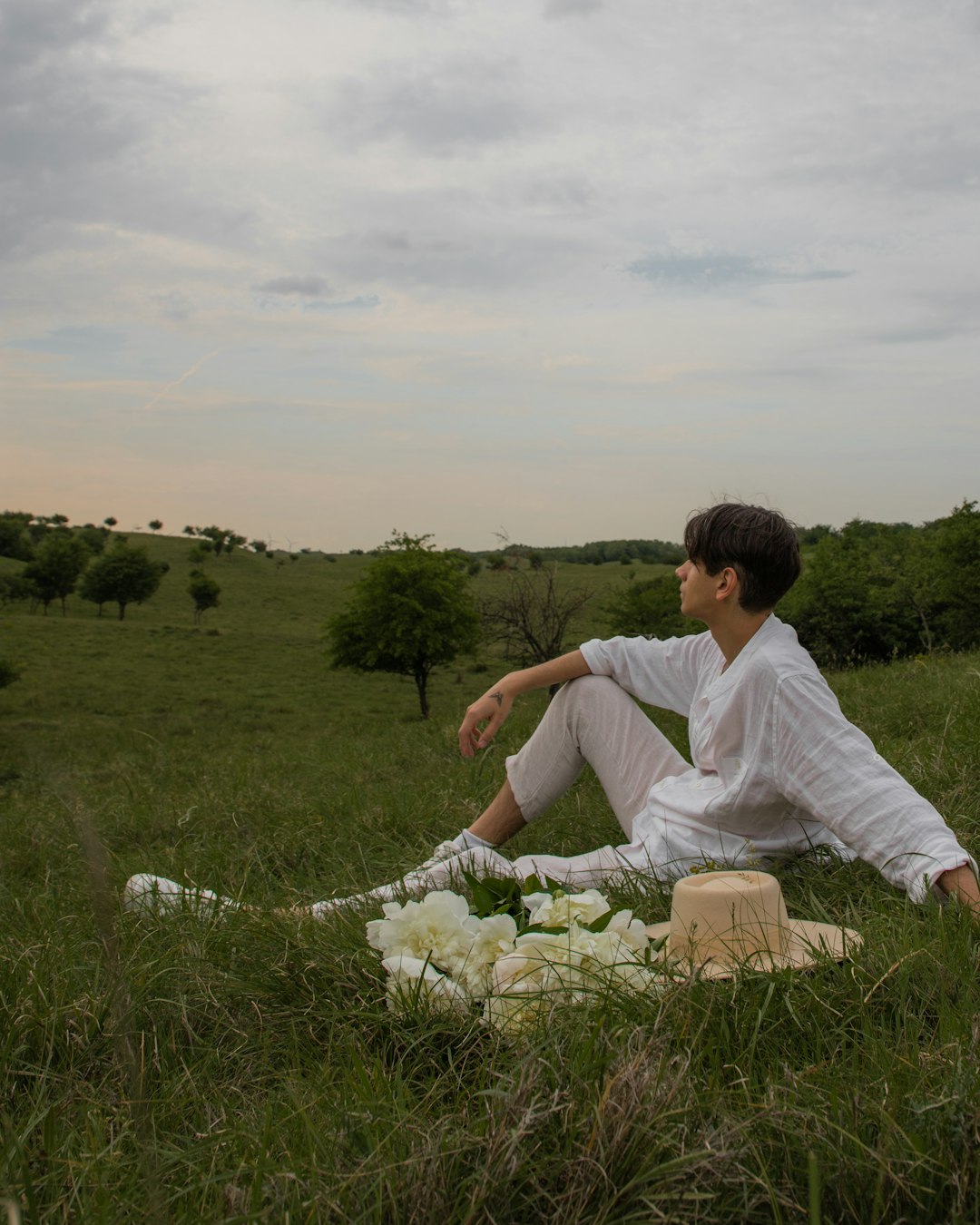Once upon a time, luxury meant speed. Overnight deliveries. Back-to-back meetings. The ability to pack your calendar so tightly that you barely had room to breathe — because busyness was a badge of honor. Fast meant successful. Fast meant important.
But something shifted. Maybe it was the burnout. Maybe it was the pandemic forcing the world to pause. Or maybe, deep down, we all realized that racing through life only left us exhausted, disconnected, and unsatisfied. Today, a new kind of luxury has emerged — one that can’t be bought in a designer store or shipped to your door in 24 hours. It’s called slow living.
For decades, society sold us a dream: work harder, hustle faster, do more, and you’ll be happier. But the result? People are more stressed, more anxious, and more burned out than ever. In the chase for more, we forgot about enough.
Slow living is the rebellion against that narrative. It’s not about doing nothing — it’s about doing what matters, and doing it intentionally. It’s choosing depth over speed, presence over productivity. In a world that rewards constant motion, slowing down is the ultimate act of self-respect.
Slow living is not laziness. It’s a deliberate lifestyle choice that prioritizes quality over quantity. It’s cooking a meal from scratch instead of ordering in. It’s taking a walk without headphones, letting your thoughts wander. It’s savoring a cup of coffee without scrolling through your phone. At its heart, slow living is about creating space — space for joy, for rest, for noticing the details we rush past every day.
In our fast-paced digital age, you can get almost anything instantly — except time. We’ve commodified convenience but lost the ability to slow down. The luxury of slow living lies in reclaiming time as your own, instead of letting it slip away unnoticed.
True wealth is no longer about owning the most things; it’s about owning your time and your peace of mind. Imagine the privilege of logging off for a weekend, turning off notifications, and being unreachable — not because you have to, but because you choose to.
Slow living invites us to spend money — and time — on things that leave lasting impressions. A weekend in a quiet countryside cabin. A dinner with friends where the conversation stretches late into the night. A single, well-made leather bag that lasts a lifetime.
Here’s the irony: a slow life feels richer, more intense, more dramatic than a fast one. When you’re not rushing, you actually see the world around you. You notice the way the light falls across your kitchen table in the morning. You hear the rain on your window and pause to enjoy it instead of hurrying past. These moments are small, almost invisible in the fast lane — but in slow living, they become the heartbeat of your day. And once you’ve tasted that depth, the constant noise of the fast life feels… empty.
You don’t need to sell everything and move to a farm. Slow living can begin right where you are. Guard your mornings — start your day without a rush. Even 10 minutes of quiet before the chaos sets in can transform your mindset. Say no more often — every “yes” you give takes time away from something else. Choose your commitments carefully. Buy less, choose better — fewer, higher-quality possessions reduce clutter and create more mental space. Single-task — multitasking is the enemy of slow living. Give your full attention to one thing at a time. Reconnect with nature — walk barefoot on grass, watch a sunset without trying to capture it on your phone.
Here’s the part no one tells you: choosing slow living can be uncomfortable at first. You might feel guilty for not being “productive” every second. You might even fear you’re falling behind. But then something changes. You realize that by slowing down, you’re actually catching up — to yourself. To the parts of your life that truly matter. To relationships, hobbies, and dreams you’ve been neglecting in the name of speed.
Slow living is not a trend; it’s a quiet revolution. In a culture that thrives on urgency, choosing to slow down is both radical and deeply luxurious. It’s proof that you value your life enough not to rush through it. Maybe the future of luxury isn’t a private jet or a penthouse in the city. Maybe it’s waking up without an alarm clock. Maybe it’s an afternoon spent reading in a sunlit room. Maybe, just maybe, the richest life is the one you take your time living.
So ask yourself — what would your days look like if you stopped racing through them? And more importantly… what might you finally notice?

